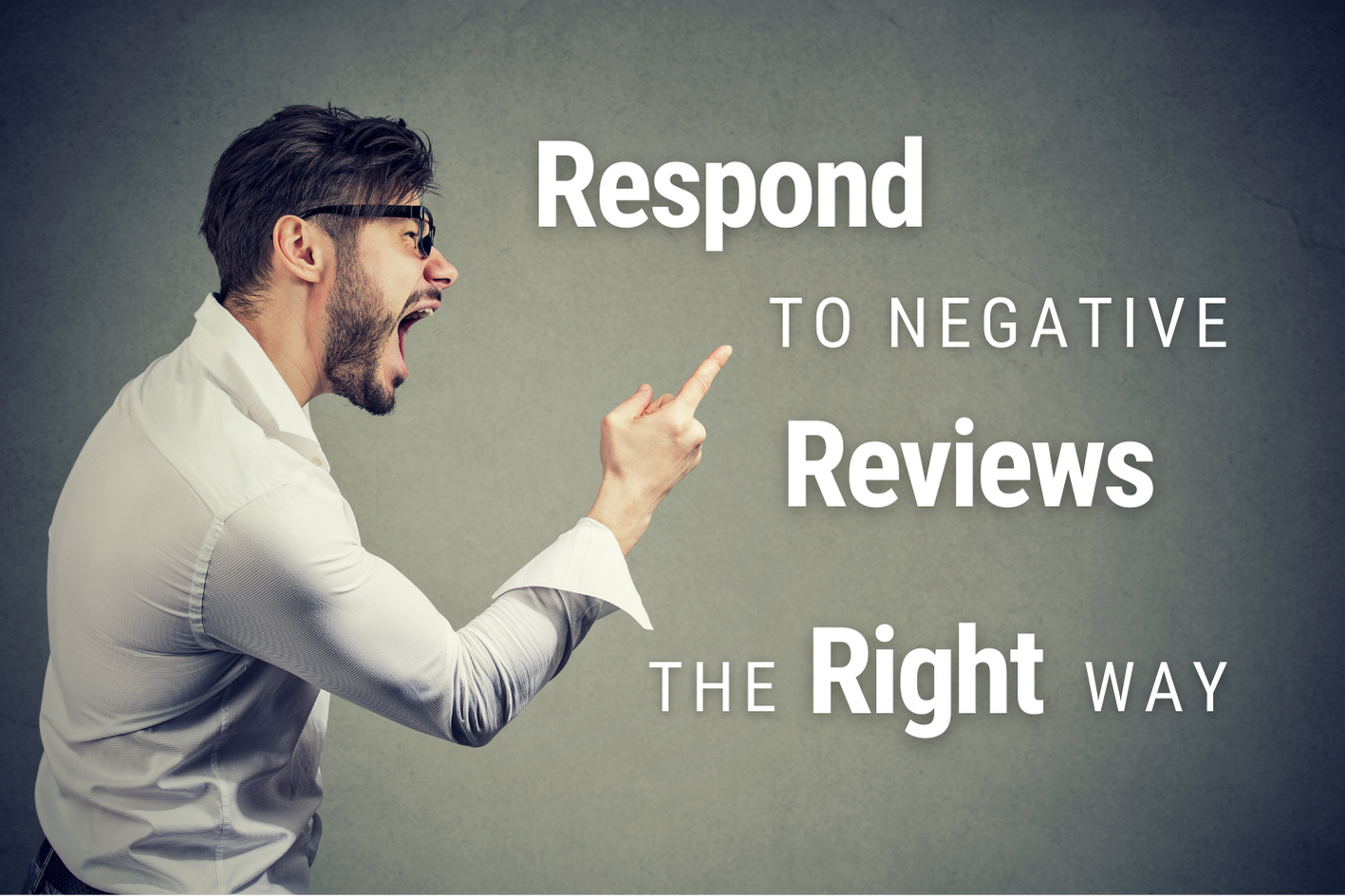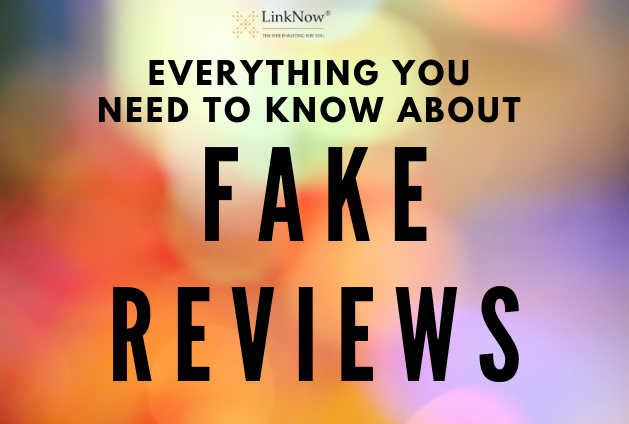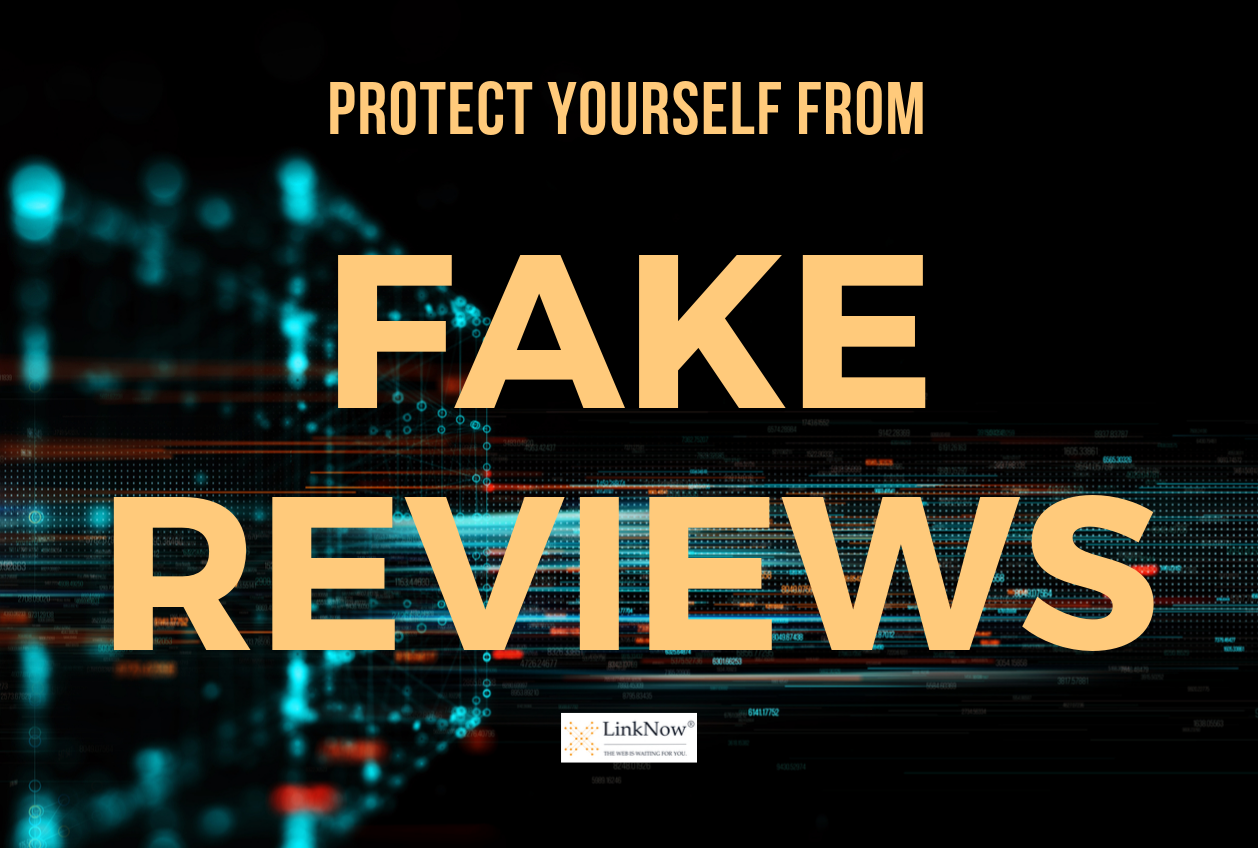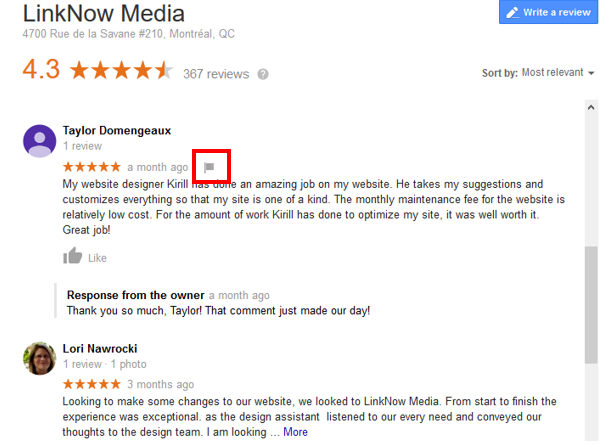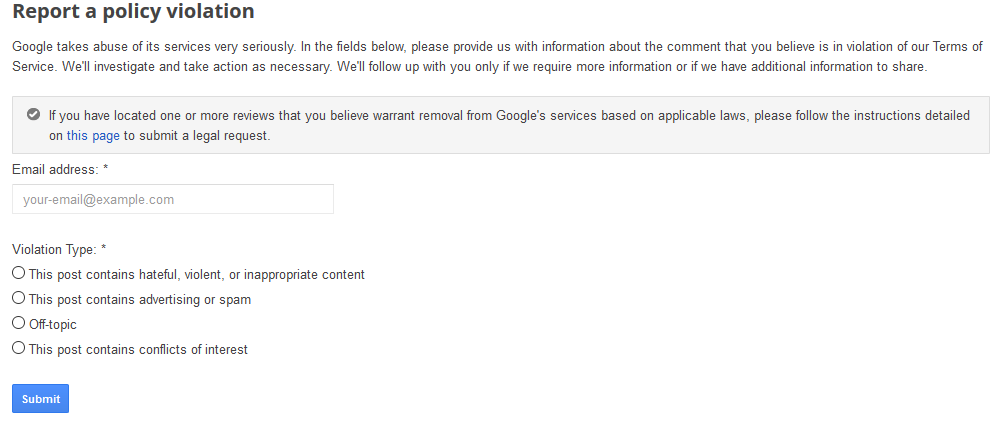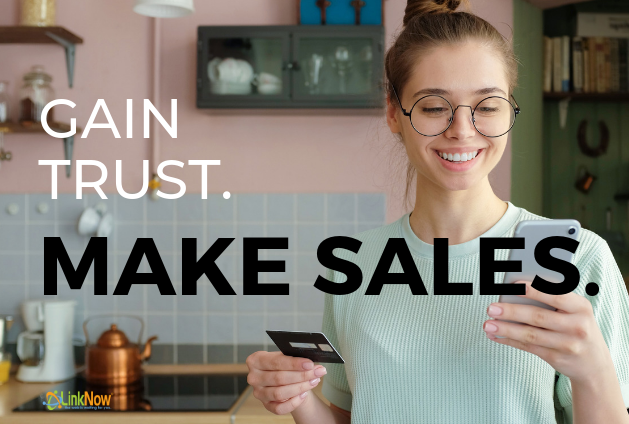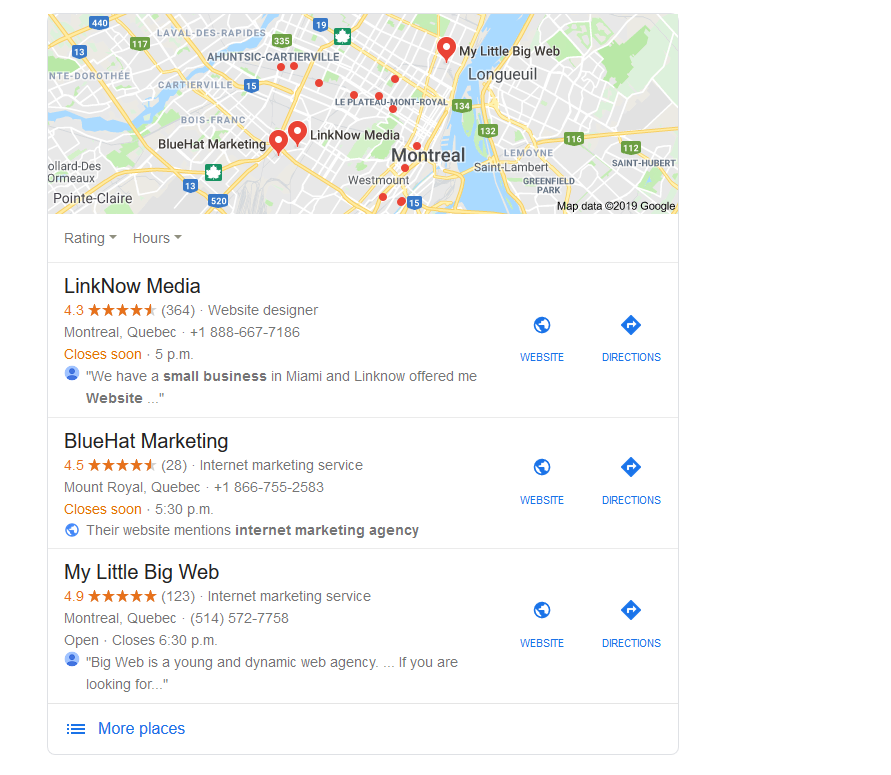In our last post, we looked at everything you need to know about Yelp Reviews. This week, we’ll look in more depth at Yelp’s review filter and how it works.
Yelp is one of the most popular online review platforms, with almost 100 million unique visitors last year.
It’s also one of the most notorious.
Why?
Yelp uses a proprietary algorithm to identify, filter, and remove fake reviews. The Yelp review filter removes scores of reviews every day. In theory, it sounds admirable that they go to such lengths to combat fake reviews. But in practice, it proves complicated.
Let’s look at how the Yelp review filter works, why some love it, and why others detest it.
First: The Power of Reviews
First things first: Why are fake reviews such a problem to begin with?
The reason’s simple: Reviews are a powerful tool.
87% of consumers read online reviews before making a purchase.
The influence reviews have is enormous. They can compel shoppers to try a new brand, buy a new product, or look the other way. They inform customer decisions on a vast, global scale, leading some brands to soar and others to crash.
That power means review platforms like Yelp have some responsibility. It means they need to monitor their reviews and ensure they’re truthful and authentic, not fake. Otherwise, a slew of fake reviews could hurt the user experience—especially if those users get conned by a false word or two.
Fake reviews can put a brand like Yelp’s reputation at risk. But Yelp has a strategy to stop them.
The Yelp Review Filter
To filter out fake reviews, Yelp uses a proprietary algorithm it calls its “recommendation software.”
Yelp’s recommendation software filters reviews based on several factors, including:
- The reviewer’s user profile
- How active the reviewer is on Yelp
- The content in the review
After reviewing that information, Yelp will make a decision either to recommend the review or not recommend it.
Recommended reviews automatically appear on a business’s Yelp page. They also count toward the business’s rating on Yelp.
Unrecommended reviews are not immediately visible. They’re hidden from most users’ sight, and they do not factor into the business’s Yelp score.
Yelp hides unrecommended reviews, but they never delete reviews. Instead, they hide those they deem unworthy. You can read unrecommended reviews by following the link at the bottom of a business’s Yelp page:
How Does the Yelp Review Filter Work?
Yelp’s review filter considers several factors to identify and hide potentially fake reviews. It’s overzealous by design, removing anything with even a hint of phoniness.
Yelp doesn’t release many details about its recommendation software because they don’t want people trying to cheat it. Still, we know the software considers several factors when evaluating reviews. Three of the most important are:
- The Reviewer’s User History. One way that Yelp filters reviews is by identifying established users – users that review often. The software works to syndicate established users’ reviews onto business pages for the world to see. While reviews of less active users are never deleted, they may seem more suspicious to the algorithm and not pop up on the business’ site.
- The Content of the Review. Yelp’s recommendation software examines reviews’ content, including their length and style Reviews that are shorter, overly glowing, or less detailed are often flagged as fraudulent and tend to be removed. Likewise, reviews that are overly combative, hinting at a conflict of interest, may also be removed.
- Solicitation. Unlike Google, Yelp strictly forbids any sort of review solicitation. If they suspect a business asked a customer to review them on Yelp, they will hide that review. Yelp wants its review system to replicate “word of mouth” as much as possible, and according to them, solicited reviews diminishes that word-of-mouth experience.
The Yelp review filter is constantly evolving. The reviews it recommends (and doesn’t recommend) may change from day to day because it’s always evaluating new signals. As such, you may notice reviews “disappear” then “reappear” from time to time. According to Yelp, it’s not a flaw. It’s a feature.
Why Does Yelp Filter Reviews?
Yelp filters reviews to combat malicious reviewing and give the consumer a more genuine understanding of a business’s reputation.
Yelp and its competitors know how critical authentic reviews are to the overall reliability of their site, and it’s in their best interest to ensure they’re as genuine as possible.
What’s the Problem with Yelp’s Review Filter?
If you’ve read up to here, you might have already noticed some problems with Yelp’s review filter:
- It hides real reviews as well as fake reviews
- Removing genuine reviews can hurt a business’s reputation
- The number of hidden reviews is constantly changing (and feels arbitrary)
Yelp says its review filter is supposed to capture the word-of-mouth reputation of a business. But there’s a problem with this:
Some industries feel the Yelp review filter’s effects far more than others.
Meanwhile, others are not nearly as affected.
Take the service industry, for example. Restaurants are one of the most regularly reviewed businesses on Yelp. They tend to acquire many reviews from dedicated Yelp users.
Those Yelp users might visit dozens of restaurants, leaving a detailed review for each of them. And because the Yelp review filter prioritizes reviews from regular Yelp users, those reviews will all look authentic and stay unfiltered.
But other industries can’t count on their customers to be regular Yelp users.
Consider the general contractor. A contractor might take on 1-2 jobs a month. Already, they’re at a disadvantage because they have far fewer customers.
Worse yet, the contractor’s clients are far less likely to be regular Yelp users. They might only write a review on Yelp as an afterthought. They might even have to create a Yelp account because they’ve never used the platform before. And because those reviews are coming from new accounts, they’re far more likely to be filtered out.
Plus, that contractor can’t ask clients to write a review: That’d be against Yelp’s policy. So, if you’re a service provider that targets a certain demographic—such as the older, not-so-tech-savvy crowd—you’re left in a bit of a catch-22: Your clients might not think to leave you a Yelp review, yet you can’t remind them, either. And even if the occasional one remembers to write a review, it’s at a much greater risk of being removed anyway.
We Still Have Much to Learn
Deterring fraudsters and making review pages more reliable is a worthy pursuit in the internet age. While we still have a lot to learn about navigating downfalls and ironing out discrepancies, using algorithms and communication analytics to monitor reviews is a step in the right direction.
Have you had a run-in with the Yelp review filter? Got a tip for how to overcome it? Leave a comment below! And if you need help managing your business’s online reputation, don’t hesitate to reach out to LinkNow at 888-667-71864 or by emailing website@linknowmedia.com.



